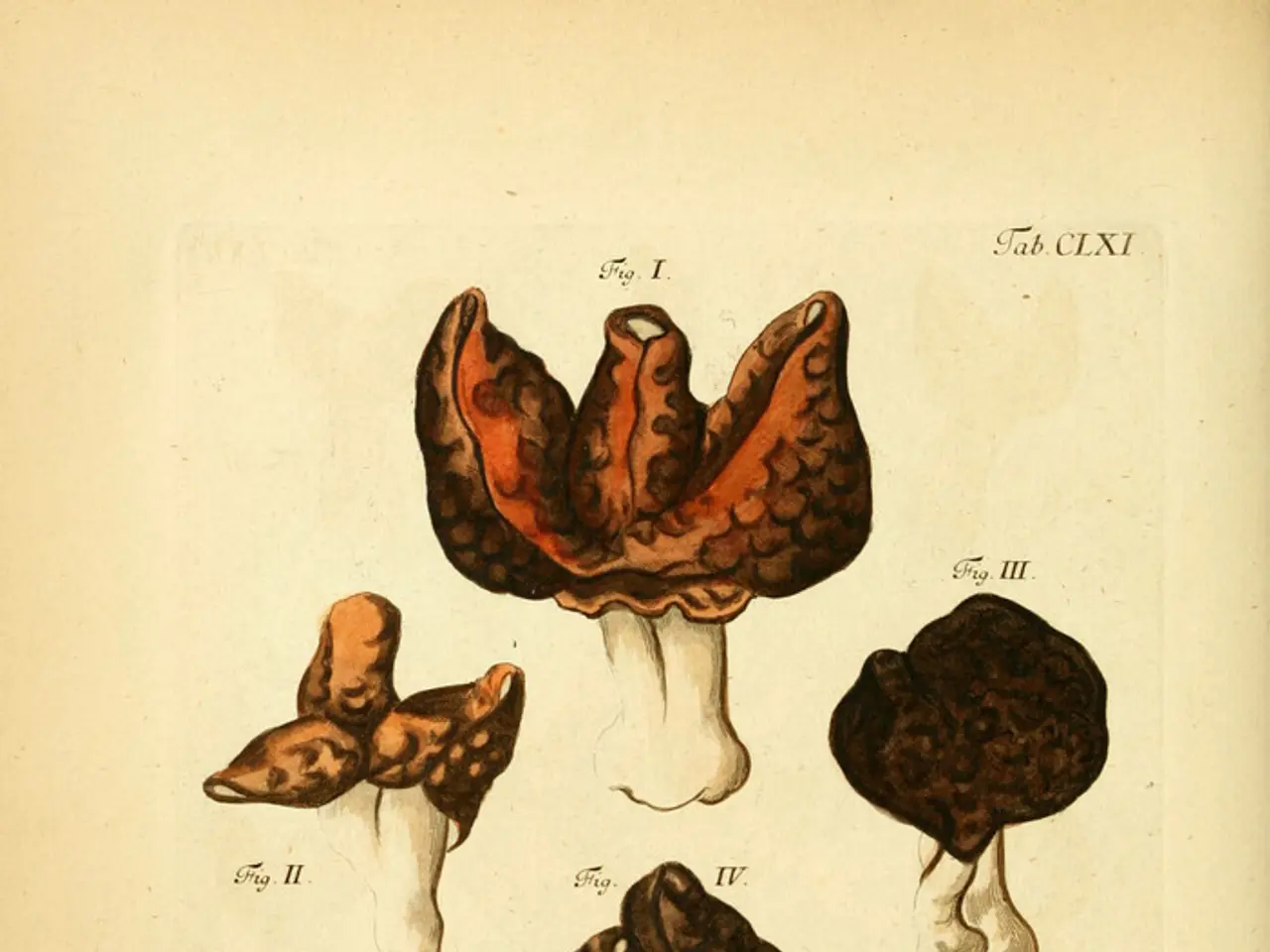Deadly virus persists in its rampage
In recent developments, the Monkeypox (Mpox) virus, previously known primarily as a skin disease, has been identified as a potential threat to the human brain. Swiss researchers have discovered that the virus can infiltrate human nerve cells, raising concerns about its potential danger[1].
The virus's movement from cell to cell in brain organoids was observed in laboratory experiments, leading to neuronal cell death and neurodegenerative changes[1][2]. These changes can result in severe cognitive and physical impairments in humans, including symptoms such as seizures, encephalitis, and in some cases, death[2].
Key findings from these studies suggest that Mpox can infect neural tissue, including neural progenitor cells and neurons, leading to viral replication and the establishment of viral factories in human neural organoids[1]. The virus spreads from cell to cell, resulting in focal enrichment of viral antigens and accumulation of cell-associated infectious viruses, facilitating further transmission[1].
Infected neurons exhibit bead formation in neurites, a hallmark of neurodegenerative processes, which precedes cell death[1]. Despite the viral infection, there is a scarcity of inflammatory and antiviral responses, suggesting a more direct impact on neuronal function rather than through inflammation[1].
Approximately 3% of individuals infected with Mpox between 1985 and 2021 developed neurological symptoms such as seizures or encephalitis, with some cases being fatal[2][3]. Unusual neurological symptoms may include blurred vision, confusion, weakness, or numbness of parts of the body[4].
The potential for neurological complications adds to the public health concerns surrounding Mpox, emphasizing the need for vigilant monitoring and therapeutic interventions. An antiviral drug called Tecovirimat has shown promise in reducing viral loads in infected neural organoids, offering a potential therapeutic option[1].
The World Health Organization and national authorities are following these new developments with concern. Over 85,000 Mpox infections were registered worldwide in 2022, with many cases occurring among men who had sex with men[5]. As the understanding of Mpox's neurological effects continues to grow, experts call for further studies to understand the true extent of the neurological danger posed by Mpox.
The neurological effects of Mpox could lead to significant morbidity and possibly mortality, especially if left untreated. The understanding that the virus can cause neuronal damage highlights the importance of early diagnosis and treatment. The neurological impact of Mpox underscores the need for continuous research into its pathogenesis and effective treatments to mitigate its effects on human health.
References: [1] Fischer, S. et al. Monkeypox virus infects human neural progenitor cells and induces neurodegenerative changes. Nature Microbiology (2022). [2] World Health Organization. Monkeypox. (2022). Available at: https://www.who.int/health-topics/monkeypox#tab=tab_1 [3] World Health Organization. Monkeypox: Situation update (as of 21 August 2022). (2022). Available at: https://www.who.int/news-room/articles-detail/monkeypox-situation-update-as-of-21-august-2022 [4] Centers for Disease Control and Prevention. Monkeypox. (2022). Available at: https://www.cdc.gov/poxvirus/monkeypox/clinical-presentation.html [5] World Health Organization. Monkeypox: Situation update (as of 21 August 2022). (2022). Available at: https://www.who.int/news-room/articles-detail/monkeypox-situation-update-as-of-21-august-2022
- The observed movement of the Monkeypox virus in brain organoids and its ability to infect neural progenitor cells and neurons could potentially impact various health-and-wellness aspects, including medical-conditions related to the brain, such as neurological disorders.
- The neurological symptoms observed in some individuals infected with Monkeypox, like seizures and encephalitis, highlight the need for other branches of science, like neuroscience, to collaborate in understanding the full extent of the virus's potential impact on brain functioning and health-and-wellness, particularly in relation to other medical-conditions like neurological disorders.




